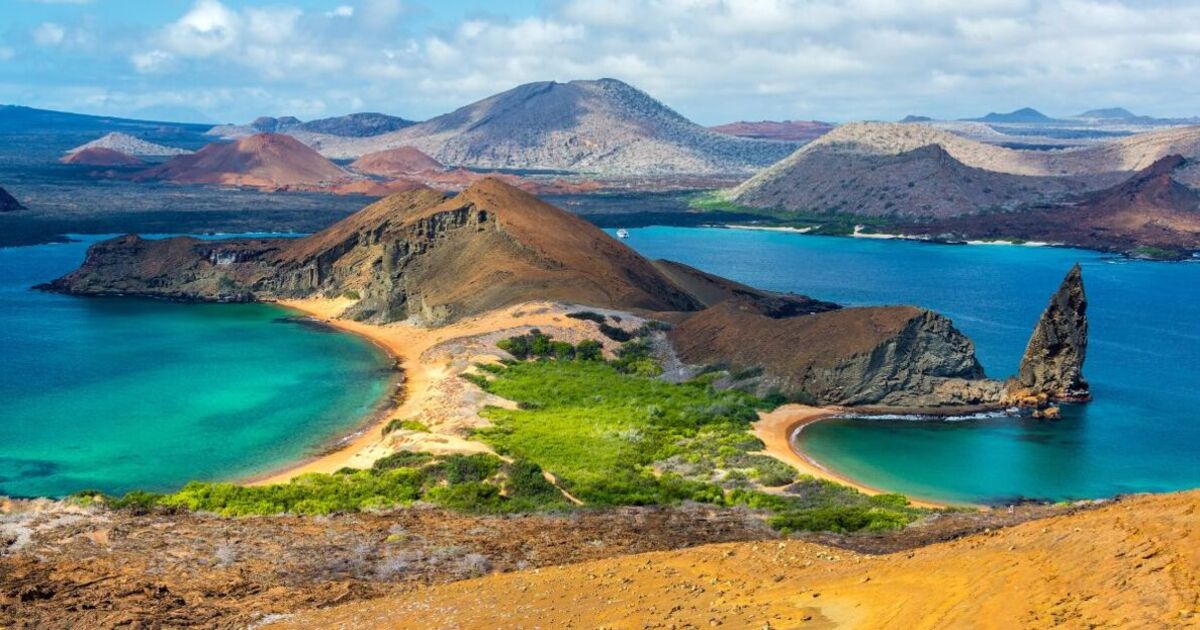A stunning and wildlife-rich holiday destination is doubling its entry fee for tourists.
The Galapagos Islands’ tourist tax hike will come into force in August, in a bid to crack down on over-tourism and raise funds to protect the environment, support the local community and pay for the infrastructures put under strain by the hundreds of thousands of visitors who head there every year.
The amount of this one-off charge required to visit the Ecuadorian archipelago is set to vary depending on the nationality of tourists.
Visitors from Bolivia, Colombia, Peru, Argentina, Brazil, Paraguay and Uruguay currently asked to pay £39 each will soon be required to fork out around £78.
All other foreign nationals will have to pay £157 upon arrival on the archipelago – double the sum currently required, £78.
The fee for children aged under 12 will rise from £39 to £78, while babies aged under two won’t be charged even following the new fee hike.
Ecuadorian nationals are not exempt from the tourist tax, and are instead the ones being affected by the biggest price jump, with their fee going from £4.73 to £23.63.
While many European destinations charge a small sum per night as tourist tax, the Galapagos entry fee is paid upon arrival at the airport and covers for the entirety of their 60-day visa-free stay.
This marks the first time since 1998 that the Galapagos entry fee has been raised.
The Galapagos, an archipelago counting 19 main islands, four of which are inhabited, is a UNESCO World Heritage Site and Ecuador’s first national park.
Its delicate ecosystem, home to nearly 9,000 species including the Galapagos tortoise and marine iguana, is feared to be increasingly at risk as the archipelago has experienced a sharp rise in visitors – with almost 268,000 people accessing it in 2022.
In a statement shared by the Galapagos Conservation Trust (GCT), Ecuador’s Minister of Tourism Niels Olsen said: “The Galapagos Islands are not only a national treasure but a global one.
“It is our collective responsibility to protect and preserve this unparalleled ecosystem for future generations.”
Dozens of destinations around the world now require the payment of a tourist tax – and many others, including Hawaii, are considering enforcing new fees.












